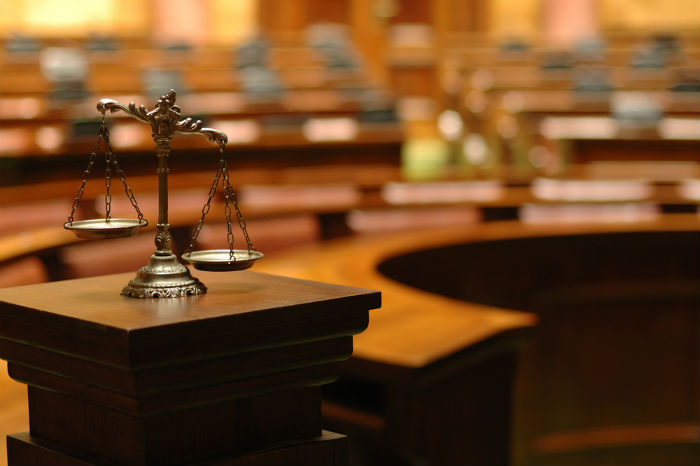The Witness Evidence Working Group has published its Final Report on the use of witnesses of fact in trials before the Business & Property Courts in London (which includes the Technology and Construction Court) and the manner in which such evidence is presented.
The report contains recommendations that stem from the Witness Evidence Working Group’s survey which ran from October to December 2018 and attracted the participation of 932 users of the Business & Property Courts - including barristers, solicitors, judges and lay persons.
The report reveals that very few participants (a mere 6%) thought that the current system of relying on witness statements fully achieved the aim of producing the best evidence. The two main problems the survey revealed are that:
- statements are over-lawyered so do not reflect the witness’ true views. They often go through several revisions and as a result of being lawyer-led rather than witness-led, the end product is usually an inaccurate reflection of the witness’ original evidence.
- statements are too long, argumentative or contain irrelevant material such as the extensive recitation of documents. They frequently contain an elaborate section setting out the background of the matter and are lengthened to an undesirable end with legal arguments that attempt to anticipate any cross-examination (which are more suitable for statements of case).
The common practice in the Business & Property Courts, with variations between the individual courts, is for witness statements to be exchanged after disclosure but before expert evidence is served. Witnesses are expected to give evidence-in-chief if the case progresses to trial, where there is an opportunity for the witness to be cross-examined by the opponent.
Somewhat damningly, a significant majority of the participants (64%) felt that the existing rules were not being properly enforced by the Business & Property Courts. Furthermore, that the preparation of witness statements is having the effect of substantially increasing legal costs thereby forcing parties towards trial in an attempt to recover those costs, rather than focusing them on resolution and settlement.
Generally, it would seem to be accepted by the majority that the best evidence is obtained through examination-in-chief, rather than through the use of witness statements. The Witness Evidence Working Group has therefore identified a number of changes that seek to ameliorate, rather than radically reform current practices. These include the following:
- the formulation of an authoritative statement of best practice applying the principles identified in the Final Report;
- a more developed statement of truth for the witness to sign (which reinforces the understanding that the evidence given is their own words);
- a requirement that the solicitor sign a certificate of compliance with the Civil Procedure Rules and relevant Court Guide;
- further consideration by the Business & Property Courts of a requirement for parties to produce a pre-trial statement of facts;
- greater use of examination-in-chief on specific issues and topics where appropriate;
- greater limitations on applications to extend the page limit for witness statements;
- a stricter judicial approach in enforcement of the rules (i.e. costs sanctions and/or other penalties for non-compliance);
- the harmonisation between the Business & Property Courts on general principles relating to witness statements.
The Judiciary announced that the Business & Property Courts, in principle, endorse all of the recommendations by the Witness Evidence Working Group, as published in the Final Report. Watch this space for further legal developments as all users of the Business & Property Courts will need guidance as to the substance, form and timing of any change to come.

 Kimberley Eyssell
Kimberley Eyssell